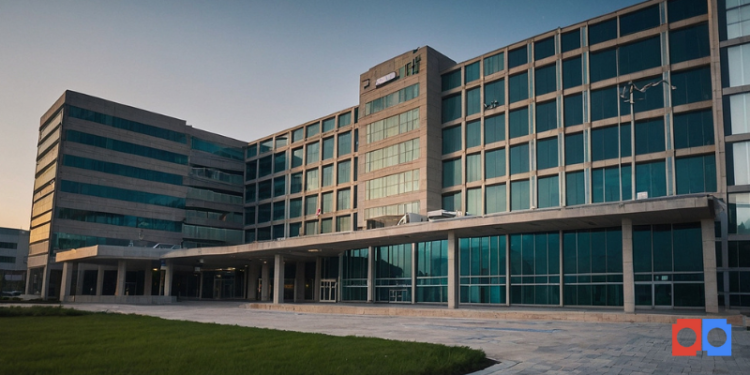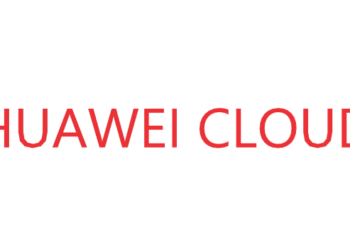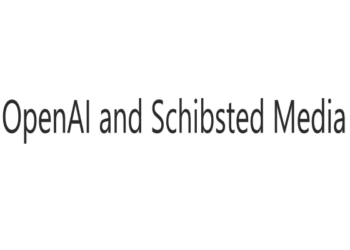An alliance of healthcare leaders announced the establishment of the Trustworthy & Responsible AI Network (TRAIN) in an effort to enhance the quality, safety, and reliability of AI in healthcare.
TakeAway Points:
- A new consortium of healthcare leaders announces formation of Trustworthy & Responsible AI Network (TRAIN)
- TRAIN aims to achieve a safe and fair AI accessible to every healthcare organization.
- The network is partnering with OCHIN to guarantee that every organisation, regardless of resources, has access to TRAIN’s benefits.
Network Members
Members of the network include AdventHealth, Advocate Health, Boston Children’s Hospital, Cleveland Clinic, Duke Health, Johns Hopkins Medicine, Mass General Brigham, MedStar Health, Mercy, Mount Sinai Health System, Northwestern Medicine, Providence, Sharp HealthCare, University of Texas Southwestern Medical Center, University of Wisconsin School of Medicine and Public Health, Vanderbilt University Medical Center, and Microsoft as the technology enabling partner.
“I am excited to partner with my colleagues from our diverse group of health systems and Microsoft in the development and implementation of technologies and capabilities that make health AI more trustworthy. We look forward to leveraging the Coalition for Health AI’s (CHAI) best practice guidelines and guardrails to build practical tools that make responsible AI a reality among healthcare delivery organizations in service to all our patients.”
Dr. Michael Pencina, chief data scientist for Duke Health and co-founder and board member for Coalition for Health AI (CHAI) said.
Additionally, the network is partnering with OCHIN, provider of solutions, expertise, clinical insights, and customised technologies for a nationwide network of community health organisations, and TruBridge, a partner and conduit for community healthcare. It aims to help guarantee that every organisation, regardless of resources, has access to TRAIN’s benefits.
“OCHIN is proud to join this strategic collaboration to help fuel the future of safe and inclusive healthcare innovation. By participating in the operationalization of responsible AI principles, we’ll help ensure the diverse experiences of patients and providers from underserved communities are represented in the creation and adoption of new solutions that can drive efficiency and make day-to-day care delivery easier and more accessible across our growing network.”
Kim Klupenger, chief experience officer, OCHIN stated.
According to the report, the healthcare sector could undergo a radical change as a result of new AI capabilities that enable improved care outcomes, increase productivity and efficiency, and lower costs. From aiding in patient screening to creating novel medications and therapies to streamlining administrative work and improving public health.
“When it comes to AI’s tremendous capabilities, there is no doubt the technology has the potential to transform healthcare. However, the processes for implementing the technology responsibly are just as vital,” said Dr. David Rhew, global chief medical officer and vice president of healthcare, Microsoft. “By working together, TRAIN members aim to establish best practices for operationalizing responsible AI, helping improve patient outcomes and safety while fostering trust in healthcare AI.”
Furthermore, AI is opening up new doors for healthcare practitioners and organisations. To ensure ethical and successful applications of AI, strict development and assessment guidelines are becoming more and more necessary as new uses of the technology in healthcare emerge and expand.
By this collaboration, TRAIN members will enhance the reliability and calibre of AI by:
- Ensuring AI used for clinical procedures or care is registered via a safe website.
- Providing resources to facilitate the measurement of results related to the application of AI, utilising environments that protect privacy.
- Assisting with the creation of a national AI outcomes registry that is federated and shared by organisations.
- Share best practices for using AI in healthcare settings, including the knowledge and abilities needed to manage AI ethically as well as the safety, dependability, and monitoring of AI algorithms. Member organisations will not exchange data or AI algorithms with outside parties.














